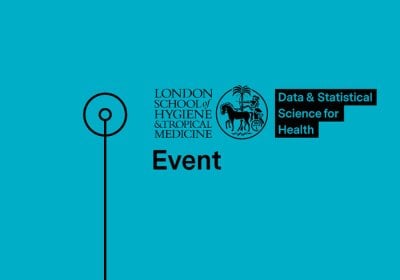Assessing impact of government interventions on COVID-19
Centre for Statistical Methodology Seminar Series: learning from COVID-19 modelling
Dr Leonid Chindelevitch will give a talk on “Evaluating the effectiveness of government interventions against the first and second wave of COVID-19” and Professor Lin Xihong’s talk will discuss “Regression methods for understanding COVID-19 epidemic dynamics by integrating multiple sources of data”.
This seminar is part of the CSM seminar series “learning from COVID-19 modelling”. The seminar is intended for students and researchers alike with interests in statistical inference for infectious diseases. Each seminar tackles one topic using different approaches.
“Evaluating the effectiveness of government interventions against the first and second wave of COVID-19” - Dr Leonid Chindelevitch
In the wake of the ongoing pandemic different governments have introduced a variety of control measures at different times. In this sequence of studies, we investigated the effectiveness of those interventions at reducing the spread of COVID-19 in both the first as well as the second wave, via a hierarchical semi-mechanistic Bayesian model. The first wave model (10.1126/science.abd9338) examined the epidemic's trajectories in 41 countries around the world, while the second wave model (10.1038/s41467-021-26013-4) examined its trajectories in 7 European countries, but at the regional level. In this talk, Dr Chindelevitch will discuss the main conclusions and lessons learned from both projects.
"Regression methods for understanding COVID-19 epidemic dynamics by integrating multiple sources of data" - Professor Lin Xihong
Modelling infectious disease dynamics has been critical throughout the COVID-19 pandemic. Of particular interest are the incidence, cumulative prevalence and effective reproductive number (Rt). Estimating these quantities is challenging due to under-ascertainment, unreliable reporting, and time lags between infection, onset and testing. We develop a Multilevel Epidemic Regression Model to Account for Incomplete Data (MERMAID) to jointly estimate Rt, ascertainment rates, incidence, and cumulative prevalence over time as functions of geographic and time-varying covariates by integrating daily case counts, PCR testing data, and serological survey data. We applied MERMAID to analyse US COVID-19 data in 2020 and estimated the state-specific cumulative COVID-19 prevalence and ascertainment rate. We also found substantial differences in Rt associated with several state containment policies, such as face-covering mandates and gathering restrictions. Challenges for analysing COVID-19 epidemic dynamics using the 2021 data will be discussed.
Speakers
- Dr Leonid Chindelevitch, Imperial College London
- Professor Lin Xihong, Harvard University
Please note that the recording link will be listed on this page when available
Admission
Contact
